Unlocking the Door to Homeownership: A Deep Dive into FHA Loans in New Jersey
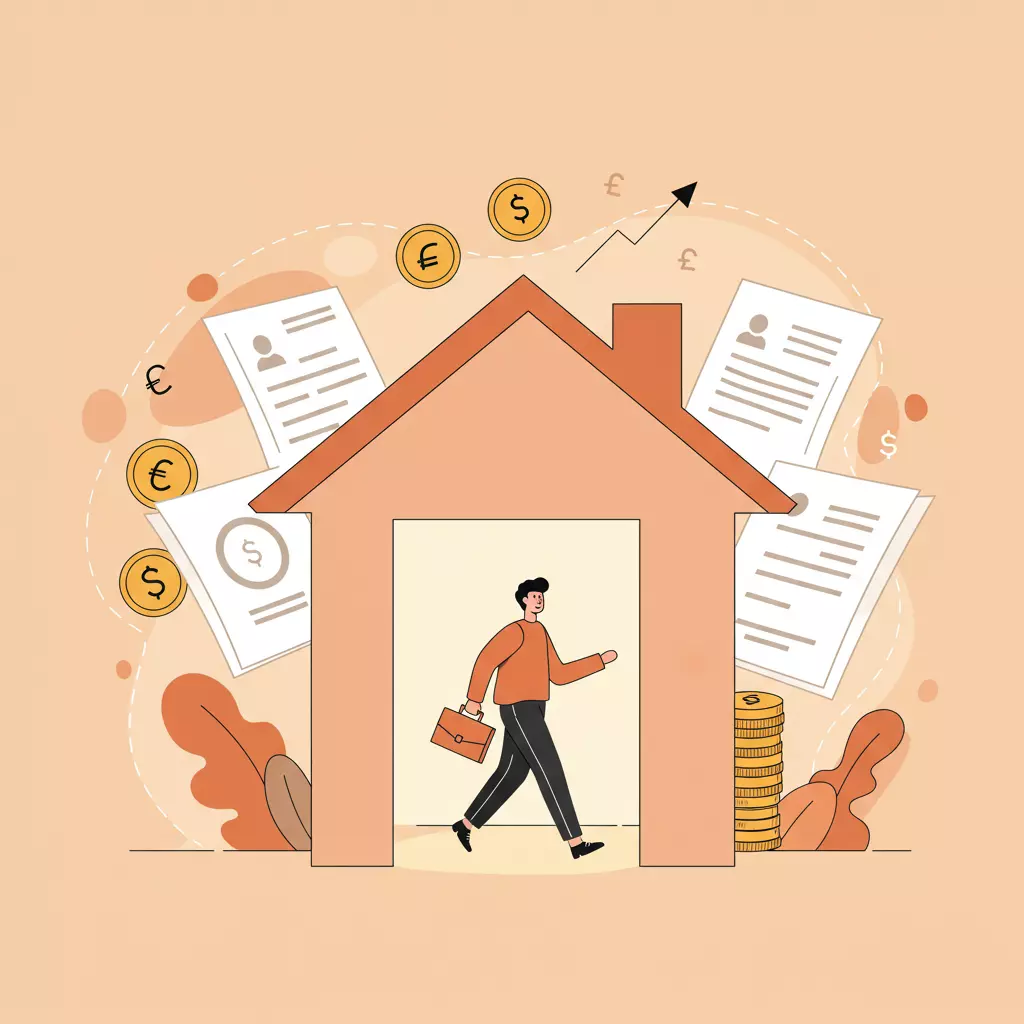
So, you've decided that the Garden State is the place you want to plant your roots? Excellent choice! New Jersey offers a fantastic mix of vibrant towns, stunning natural beauty, and (let's be honest) some seriously good diners. But navigating the path to homeownership, especially for the first time, can feel a bit like navigating the Parkway during rush hour – a little daunting.
Fear not, prospective NJ homeowners! One popular route that helps many buyers, particularly first-time purchasers, is the FHA loan. But what exactly is an FHA loan, and is it the right key to unlock your New Jersey dream home? Let's break it down, Jersey style.
What's the Deal with FHA Loans?
An FHA loan is a mortgage insured by the Federal Housing Administration (FHA), which is part of the U.S. Department of Housing and Urban Development 1 (HUD). This government backing provides lenders with a 2 layer of security, making them more willing to approve loans for borrowers who might not qualify for conventional mortgages. Think of the FHA as a co-signer, but for the bank.
The Nitty-Gritty: FHA Loan Requirements
While FHA loans are more flexible than some other loan types, there are still requirements you'll need to meet. Don't worry, it's not as complicated as understanding the difference between "Taylor Ham" and "Pork Roll" (we can debate that another time).
- Credit Score: This is often where FHA loans shine for many buyers. While conventional loans typically require a credit score of 620 or higher, you might qualify for an FHA loan with a score as low as 500. However, to take advantage of the lowest possible down payment (more on that in a sec), you'll generally need a credit score of 580 or above. Keep in mind that individual lenders may have slightly higher minimums, so it's always good to check.
- Down Payment: Here's another major perk. With a credit score of 580 or higher, you could be eligible for a down payment as low as 3.5% of the home's purchase price. If your credit score is between 500 and 579, you'll likely need a 10% down payment. Compared to the often-required 20% for conventional loans to avoid Private Mortgage Insurance (PMI), this is a significant advantage for getting into the market sooner.
- Debt-to-Income Ratio (DTI): Your DTI is a measure of your monthly debt obligations compared to your gross monthly income. While HUD doesn't set a strict limit, most lenders prefer a DTI of no more than 43%. However, with strong compensating factors (like a solid job history or significant cash reserves), some lenders may approve a higher DTI.
- Income and Employment: You'll need to show stable and consistent income, typically with a two-year history of employment in the same line of work. Lenders will ask for documentation like pay stubs, W-2s, and tax returns.
- Mortgage Insurance Premiums (MIP): Because of the lower down payment and credit score flexibility, FHA loans require both an upfront Mortgage Insurance Premium (UFMIP) and an annual MIP. The UFMIP is currently 1.75% of the loan amount and can be financed into the loan. The annual MIP is paid monthly and varies depending on your loan amount, loan-to-value (LTV) ratio, and loan term. Unlike conventional PMI, which can be canceled once you reach 20% equity, FHA's annual MIP generally remains for the life of the loan if your initial down payment was less than 10%. If you put down 10% or more, the annual MIP can be canceled after 11 years.
- Property Standards: The home you want to buy must meet certain Minimum Property Requirements (MPRs) set by HUD. This leads us to the FHA appraisal.
The FHA Appraisal: More Than Just a Pretty Face
An FHA appraisal isn't just about determining the market value of the home, although that's certainly a part of it. The appraiser also acts as an extra set of eyes, ensuring the property meets HUD's MPRs to ensure it's safe, sound, and sanitary. Think of it as a health check for the house.
What do appraisers look for? They'll check for things like:
- Structural integrity (foundation, roof, walls)
- Overall safety (no exposed wiring, handrails on stairs)
- Working utilities (plumbing, electrical, heating)
- Absence of health hazards (like peeling lead-based paint in homes built before 1978)
- General livability
If the appraiser finds issues that don't meet MPRs, these will need to be addressed before the loan can close. This provides an added layer of protection for the buyer.
FHA Loans in the North Jersey Market
In areas like Bergen, Essex, and Passaic Counties, the real estate market can be competitive. Understanding your financing options, including FHA loans, is crucial. While FHA loan limits apply (in 2025, the standard limit in most areas is $524,225, but higher limits can apply in some high-cost areas), FHA loans can still be a viable option for many properties within these counties, especially when combined with down payment assistance programs. Recent market activity in these areas shows a continued demand, and having flexible financing like an FHA loan can strengthen your position as a buyer.
An FHA loan can be a great tool in your home-buying belt, offering more flexibility with credit scores and down payments. However, it's essential to understand the requirements, including the mortgage insurance premiums and appraisal process.
Ready to explore your home financing options and see if an FHA loan is right for your New Jersey home purchase?
Download our free buyers or sellers guide.
Ismael Rodriguez is a realtor at Real Broker. I cover all of North Jersey and specialize in Bergen, Essex, and Passaic Counties.
Categories
- All Blogs (7)
- Bergen County Real Estate (2)
- Buying In NJ (1)
- Essex County Real Estate (3)
- FHA Loan (1)
- Homeownership (3)
- Lionsgate (1)
- Market Trends (2)
- News (2)
- Nj Lifestyle (1)
- NJ Market Trends (4)
- North Jersey Real Estate (3)
- Passaic County Real Estate (1)
- Real Estate Tips (4)
- Real ID (1)
- Selling In NJ (2)
- Selling Your Home (2)
- Tariffs (1)
Recent Posts
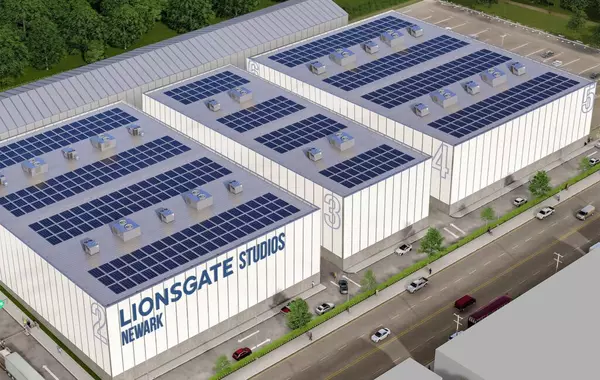
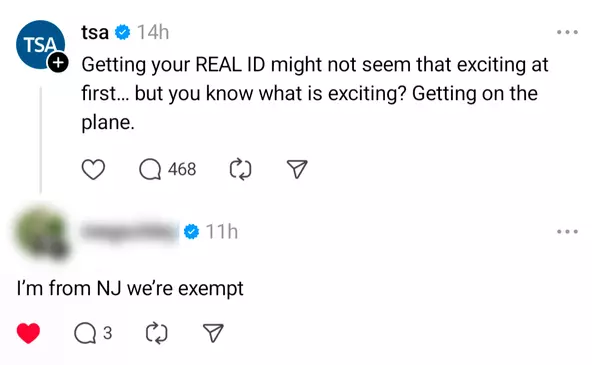


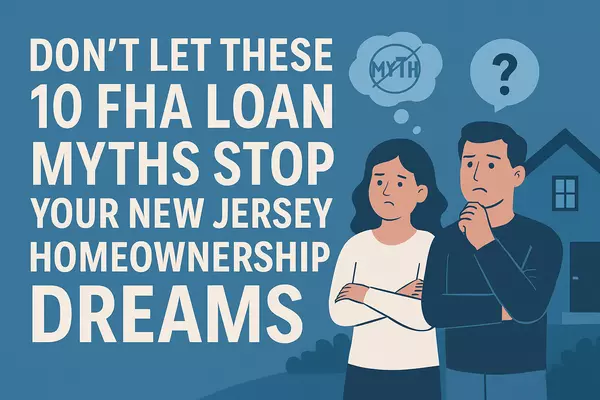
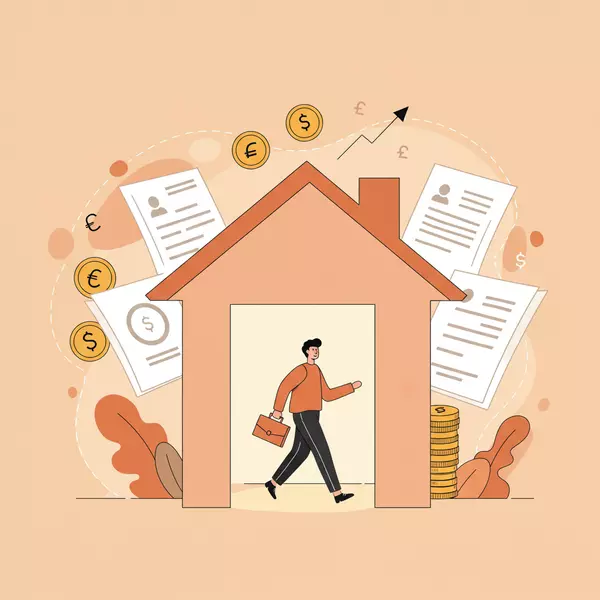
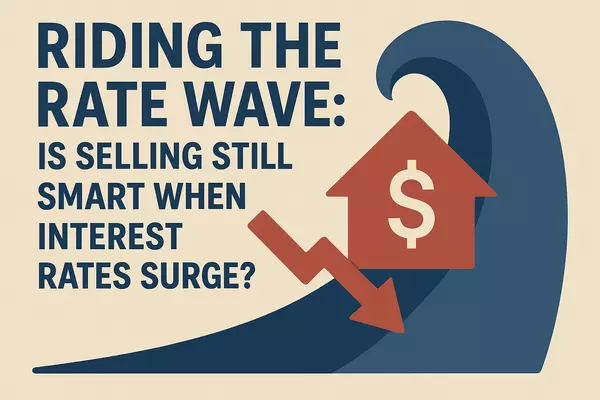
GET MORE INFORMATION

